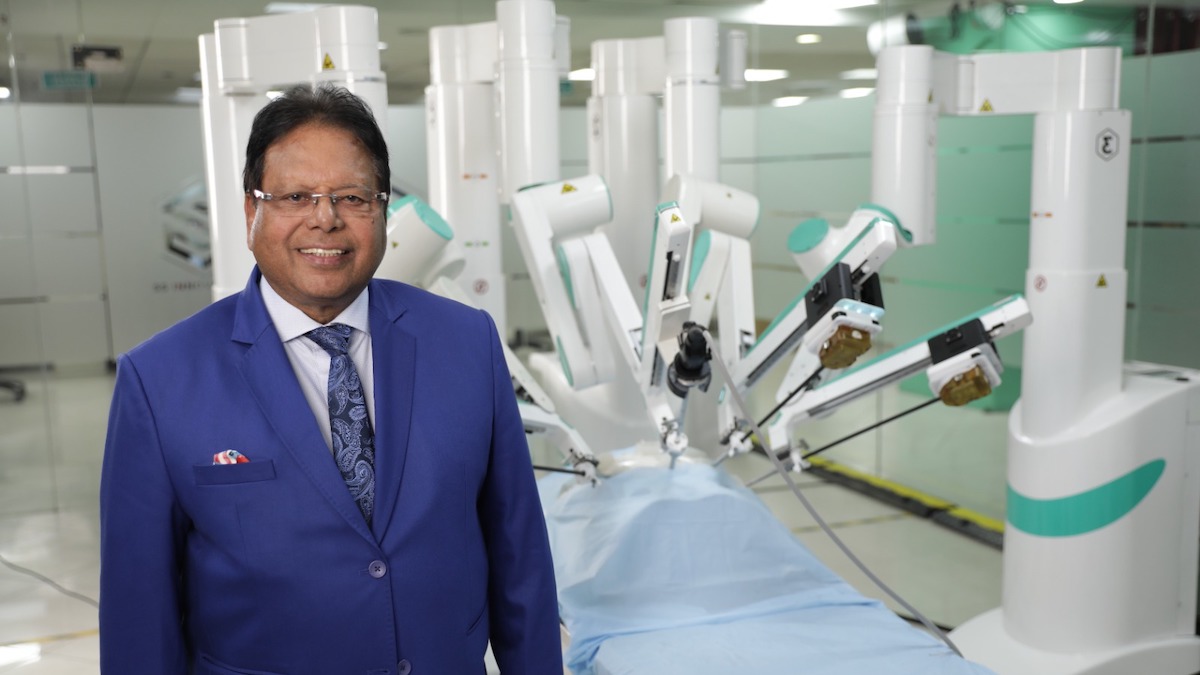London: Scientists say they have developed the first non-antibiotic drug to successfully treat tuberculosis (TB) in animals. Researchers at The University of Manchester in the UK hope the compound developed after 10 years of painstaking research will be trialled on humans within three to four years.
The drug works by targeting Mycobacterium tuberculosis’ defences rather than the bacteria itself.
The drug can also take out its increasingly common antibiotic resistant strains, according to the research published in the Journal of Medicinal Chemistry.
Although a vaccine for TB was developed 100 years ago, one in three people across the world are thought to be infected with the infectious disease, researchers said.
About 1.7 million die from the bug each year worldwide and 7.3 million people were diagnosed and treated in 2018, up from the 6.3 million in 2016, they said.
The researchers said TB is most common in Africa, India and China, but on the rise in the UK with London often described as the TB capital of Europe.
The team’s discovery has been proven effective in guinea pigs at Rutgers University in the US, researchers said.
“The fact that the animal studies showed our compound, which doesn’t kill the bacteria directly, resulted in a significant reduction in the bacterial burden is remarkable,” said Professor Lydia Tabernero, who led the study.
“But resistance is becoming an increasingly worrying problem and the prolonged treatment is difficult and distressing for patients,” said Tabernero.
Mycobacterium Tuberculosis secretes molecules called Virulence Factors — the cell’s secret weapon — which block out the immune response to the infection, making it difficult to treat.
The team identified one Virulence Factor called MptpB as a suitable target, which when blocked allows white blood cells to kill Mycobacterium Tuberculosis in a more efficient way.
“The great thing about MptpB is that there’s nothing similar in humans — so our compound which blocks it is not toxic to the human cells,” said Tabernero.
“Because the bacteria hasn’t been threatened directly, it is less likely to develop resistance against this new agent, and this will be a major advantage over current antibiotics, for which bacteria had already become resistant,” Tabernero said.








